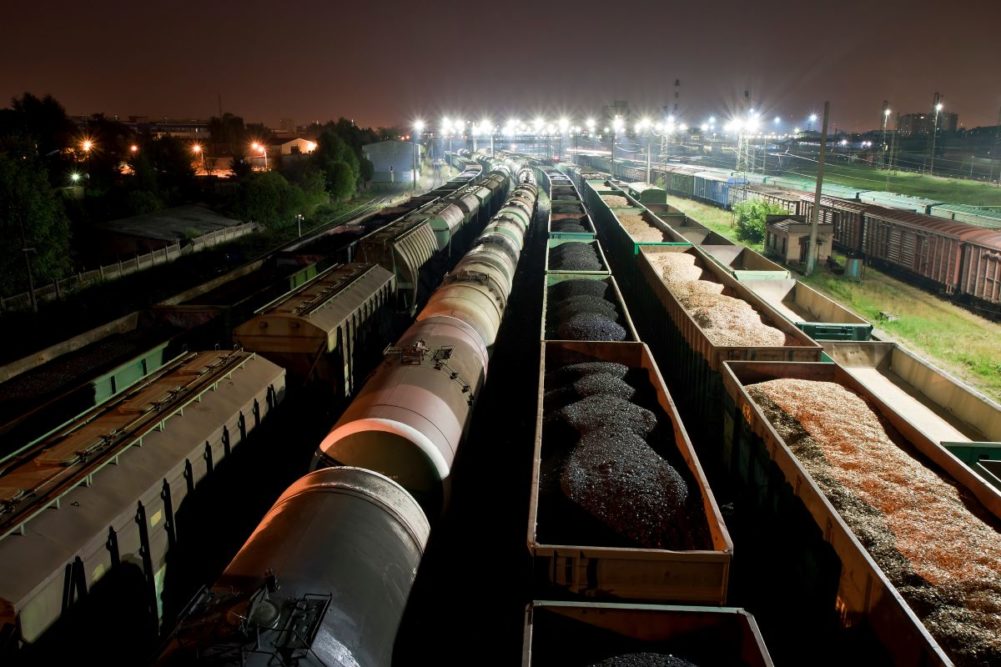ARLINGTON, VA. — Congestion and poor service on the nation’s railroads are symptoms of a network problem affecting entire regions, at times preventing feed deliveries to US livestock producers without backup suppliers.
That was the gist of a letter from the National Grain and Feed Association (NGFA) asking the Surface Transportation Board (STB) to address “significant rail service disruptions” that are among many factors severely straining US supply chains.
The March 24 letter, penned by Mike Seyfert, president and chief executive officer of the NGFA, specifies three US rail companies the association says are providing inadequate service: the Union Pacific (UP), Burlington Northern Santa Fe (BNSF) and Norfolk Southern (NS) railroads. He said the NGFA would prefer to see solutions reached independently between the railroads and their customers but suggested the STB could be instrumental in this case considering the scope and endurance of the rail issues.
Mr. Seyfert, in a letter addressed to Martin Oberman, chairman of the STB, outlined a few of the most troublesome situations:
- Grain buyers unable to make purchases while tracks are jammed at rail origins where loaded trains await locomotion by the railroad.
- Millers forced to shut down flour and feed mill operations and halt customer sales because they have run out of grain.
- Buyers and sellers unable to connect feed deliveries to livestock producers that may not have alternative feed sources.
“The ability to stretch resources is exhausted and growing more tenuous with each additional day of service delays,” Mr. Seyfert wrote.
The letter outlined some of the costs associated with the delayed rail service, noting one NGFA member forked out an additional $3 million to purchase rail equipment on the secondary freight market. That pattern only exacerbates the problem, as it reduces available freight to others and makes the secondary freight market even more expensive. A trader on March 24 said UP shuttles for nearby were bid $4,500 over tariff per car on offers of $8,000 over tariff per car “rates higher than we’ve ever seen,” he said.
Congestion at origins, too, was proving problematic, Mr. Seyfert wrote, pointing to an NGFA member forced to shut down feed sales while a loaded train blocked its tracks for seven days before a rail crew was made available. The letter acknowledged that these and other NGFA member complaints over service were borne of multiple factors and circumstances but pinpointed one aspect entirely in the railroads’ court.
“The impact is much more drastic and prolonged due to rail carrier decisions to overly adopt certain principles of precision scheduled railroading and due to significant reductions in crew numbers,” he said. “The ability to recover when normal rail operations are stressed has decreased significantly in the era of precision scheduled railroading and reduced crews, and rail customers and our nation’s supply chains are negatively impacted.
In closing, the letter asked the STB to request weekly rail service updates and plans from rail carriers to bring rail service “up to an acceptable level” and urged the STB to require that “rail carriers provide annual service assurance plans to help reduce the probability of future widespread rail service disruptions.”




